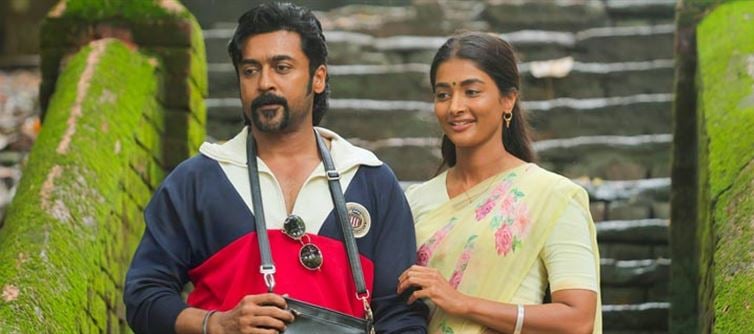
Karthik Subbaraj, known for his critically acclaimed films like jigarthanda and Petta, has never shied away from expressing his views on social and political issues. His 2019 tweet opposing the CAA-NRC was aligned with a broader wave of dissent from various filmmakers, students, and citizens who feared the discriminatory potential of these laws, particularly towards Muslims. Although the tweet is several years old, it has resurfaced as a point of contention now that Retro is gaining promotional momentum. This is a common pattern in indian social media, where political ideologies often intersect with pop culture, and celebrities are expected — or even pressured — to either align with or stay silent about ruling party narratives.
The #BoycottRetro trend also reveals a deeper rift in how art and politics are consumed and weaponized in india today. On one side, some believe artists must be held accountable for their political views, especially when those views clash with nationalist sentiments. On the other hand, many argue that such calls for boycotts stifle creative freedom and are indicative of rising intolerance toward dissent. As the film inches closer to release, it remains to be seen whether this online movement will significantly affect its box office performance — or simply add to the growing list of politically charged boycott campaigns that have become increasingly common in indian cinema.




 click and follow Indiaherald WhatsApp channel
click and follow Indiaherald WhatsApp channel